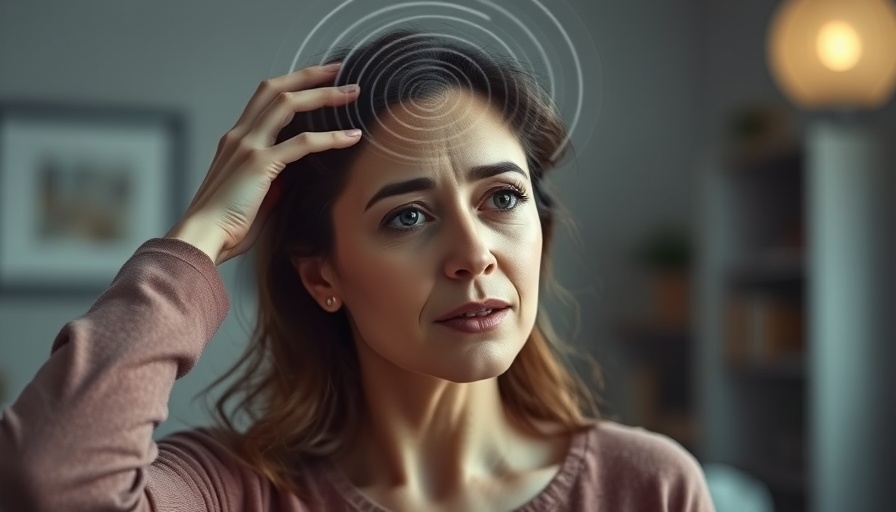
Understanding Dizziness: A Hidden Challenge
Dizziness impacts nearly 20% of adults annually, yet it remains profoundly misunderstood. While many dismiss dizziness as a mere inconvenience, for others, it can translate into debilitating challenges that prevent participation in daily life. The sensations of unsteadiness or vertigo often stem from complex origins that range from inner ear disorders to vision and neck issues. Every patient’s experience with dizziness is unique, which is why a tailored approach to treatment becomes essential.
Why Physical Therapists Are Crucial in Dizziness Management
Physical therapists (PTs) are not just experts in musculoskeletal issues; they are also at the forefront of treating balance disorders. The connection between the inner ear, visual input, and sensory feedback from muscles and joints is intricate and can be disrupted, causing dizziness. PTs assess these systems holistically to uncover the root causes of dizziness, enabling them to form effective, personalized treatment plans.
Effective Physical Therapy Techniques to Combat Dizziness
With a proper assessment, physical therapists can deploy several techniques to help patients combat dizziness:
- Exercises: Tailored movements designed to enhance balance, strengthen key muscle groups, or retrain the brain's processing of sensory information. Options include gaze stabilization to improve coordination between vision and balance, and specific habituation exercises to reduce sensitivity to triggering movements.
- Canalith Repositioning Maneuvers (CRM): Particularly useful for patients with benign paroxysmal positional vertigo (BPPV), CRM involves specific movements to reposition tiny crystals in the ear, restoring balance. Patients often learn to perform these maneuvers at home, empowering them to take charge of their recovery.
- Education: Physical therapists inform patients about managing dizziness through lifestyle modifications, and they provide strategies for gradual exposure to activities that trigger symptoms. Knowledge armed with practical techniques leads to proactive management of dizziness.
The Importance of Seeking Help: Preventing Dizziness-Related Falls
Dizziness can lead to serious safety issues, including falls, which become increasingly dangerous as we age. Fortunately, working with a physical therapist not only addresses dizziness but also enhances overall mobility and confidence. Engaging in mobility training for seniors in Gig Harbor can drastically lower fall risks, improving daily functioning and quality of life. By incorporating physical therapy into one's routine, you can restore movement naturally and empower yourself to live more freely.
Empowering Residents of Gig Harbor with Physical Therapy Solutions
In Gig Harbor, numerous options are available for those seeking to reclaim their mobility and manage dizziness effectively. Searching for "physical therapy near me" or the "best physical therapist in Gig Harbor" will unveil local experts focused on mobility therapy and other treatments tailored to enhance patient outcomes. Whether it’s through joint mobility exercises or comprehensive pain management therapy, the resources are available to assist you on your journey.
In conclusion, dizziness is a complex symptom that should not be overlooked. Collaboration with the right physical therapist can pave the way for recovery and greater independence. If you’re tired of feeling unsteady or hindered by dizziness, consider action today. Don’t let it define your capability. Contact a local physical therapy clinic in Gig Harbor to explore how modern approaches can help you feel better and move better.
 Add Row
Add Row  Add
Add 




 Add Row
Add Row  Add
Add 

Write A Comment